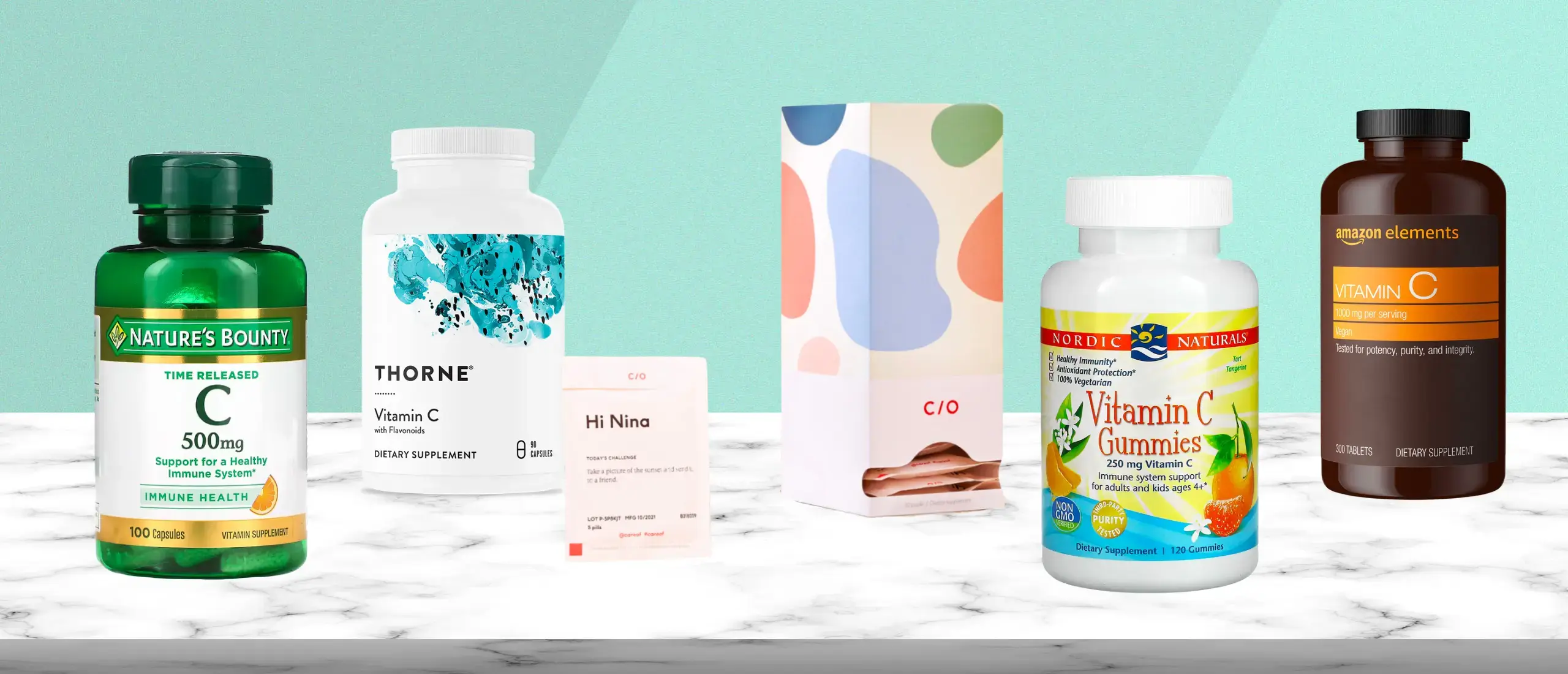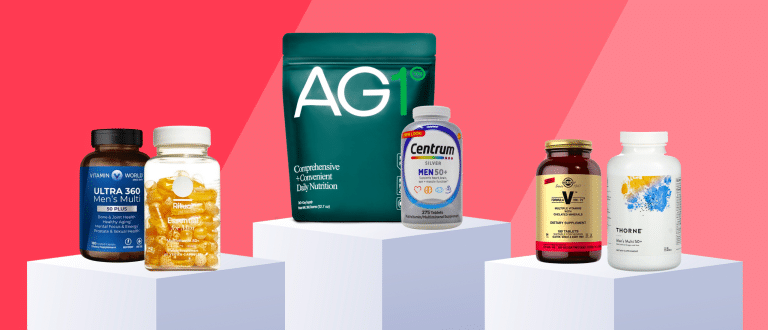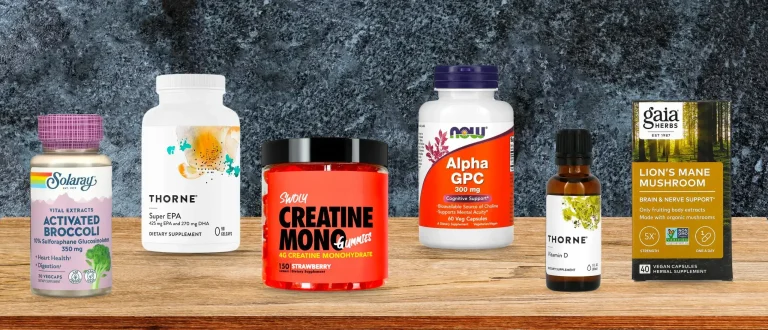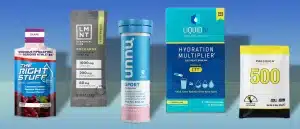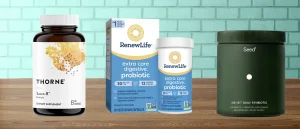The 8 Best Vitamin C Supplements to Boost Immunity, According to a Registered Dietician
- By Rebekah Harding
- December 8, 2023
I
f you’ve come down with a nasty cold, chances are you’ve sniffed and wheezed your way to your local pharmacy to pick up some immunity-boosting vitamin C. But with so many pills, powders, gummies, and tablets to choose from, how do you know which one is the best vitamin C supplement?
We tapped registered dietician Eva De Angelis, RDN, for what you should look for in a vitamin C supplement, whether you truly need one, and which brands she snags when she gets the sniffles.
Benefits of Vitamin C Supplements
Vitamin C enters the spotlight every winter for its ability to bolster the immune system—and for good reason (1).
“Regularly taking vitamin C supplements improves our recovery when we have a cold, as it can reduce the duration and severity,” De Angelis says. But that’s just one impressive benefit this supplement boasts. “It can even help prevent age-related macular degeneration, inflammation, and free radical damage due to its powerful antioxidant properties.”
Emerging research even suggests that vitamin C could have anti-aging properties. A 2023 study found that spinal cord motor neurons—cells that control muscle function—are particularly vulnerable to the aging process due to “unique cell clusters,” which secrete a “toxic” protein (2). Researchers propose that daily vitamin C supplements may preserve the health of motor neurons, although further studies are needed to confirm this.
About the Expert:
Eva De Angelis, RDN, is a licensed dietician nutritionist and writer. She specializes in food and nutrition education, promoting healthy lifestyles to manage chronic disease.
Do You Really Need a Vitamin C Supplement?
Vitamin C is a water-soluble vitamin, which means you urinate out any excess your body isn’t using. That means you’re back to the drawing board to replenish your vitamin C levels everyday—but not everyone needs to rely on a supplement.
“If we have a balanced diet rich in fresh fruits and vegetables, there is no need to take any vitamin C supplements,” De Angelis says.
However, vitamin C’s water-solubility makes it relatively low risk, says De Angelis. “It has low toxicity and supplementation does not have many cons.” The verdict? If you want to supplement to make sure you’ve got enough—go ahead.
How to Choose the Best Vitamin C Supplement
“I often recommend choosing standalone vitamin C supplements instead of multivitamins, because it’s harder to keep track of our intake,” De Angelis says.
These standalone supplements are usually made of ascorbic acid, and less often, mineral ascorbates, meaning salts of ascorbic acid with sodium or calcium—per De Angelis—all of which boost the absorption of vitamin C.
“Capsules, gummies, liquids, and powders are all good options, depending on how and when you would like to take your vitamin C,” says De Angelis. Plus, research suggests that all the different formats of vitamin C have similar absorption rates (3).
There’s no straight answer on how much vitamin C you should take each day, according to De Angelis. “But a rule of thumb is 250 to 500 mg twice per day for adults,” so pick up a supplement that has at least 250 mgs per serving.
Dietician Picks: 8 Best Vitamin C Supplements
At the drugstore right now? We’ll cut to the chase. These are the best vitamin C supplements you can buy, per De Angelis.
References
1. Carr, et al (2017). Vitamin C and Immune Function.
2. Sun, et al (2023). CHIT1-positive microglia drive motor neuron ageing in the primate spinal cord.
3. NIH. Vitamin C.
4. Marmol, et al (2017). Therapeutic Applications of Rose Hips from Different Rosa Species.
5. Ullah, et al (2020). Important Flavonoids and Their Role as a Therapeutic Agent.



